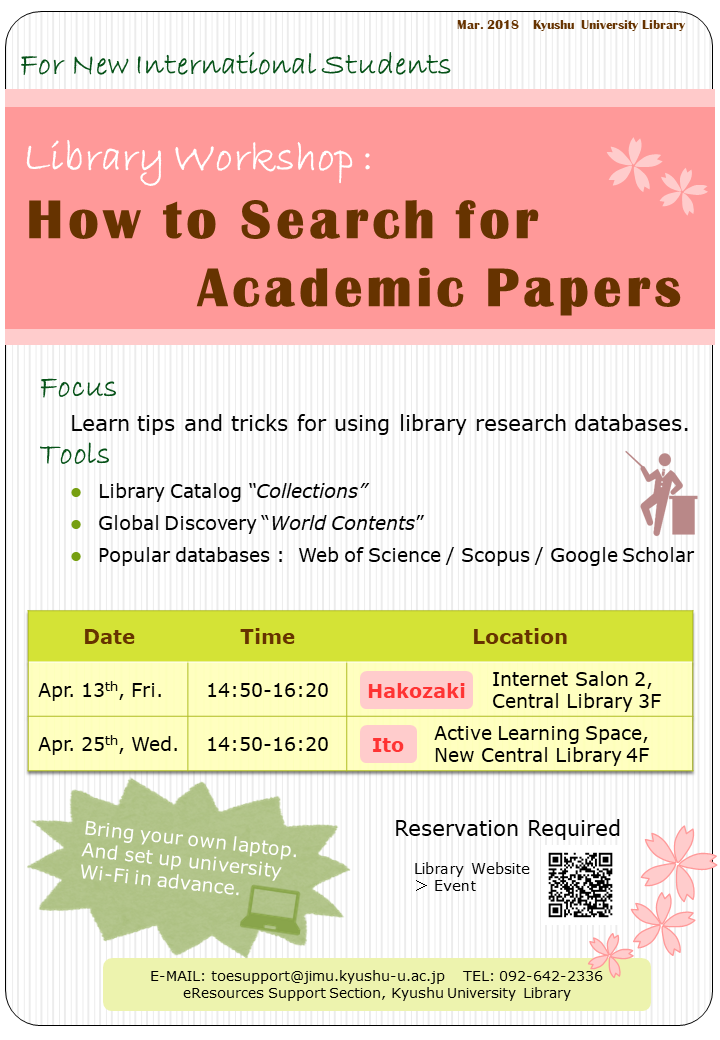
(teen* or adolescen*) and (girl* or female) and aggressionĥ. (AIDS or HIV) and (television or movies or motion pictures) To get the best results, use the word OR inside parentheses. Instead, you may find that the title contains the words "surface temperature records" and a cataloger has assigned it the subject heading "climate change." An article about global warming may not have the phrase " global warming" anywhere in it.

Brainstorm until you've exhausted all possibilities. Think of all the possible ways to express your topic. For example, by doing a keyword search for "girls and prostitution" you will discover that Academic OneFile uses subject terms such as "Child prostitution" and "Child sexual abuse." Usually, they will appear at the bottom of the article or somewhere in the citation. Use the results of a keyword search to discover subject headings (descriptors) used in the database. This may bring up fewer results, but you'll be searching with more precision. In Academic OneFile, look for the Subject Guide Search, instead of using the large search box.įor some topics, subject searching works better than keyword searching, which is usually the default. In Ethnic Newswatch, in the Advanced Search, find the Thesaurus or click on "Look Up Subjects." Find out if the database you're using has a "subject search" option. Warning: If you shorten the root word too much, you will bring up irrelevant items (soc* will bring up society and social and socioeconomic, but also Socrates).ģ. If you don't use truncation and wildcards, some databases will look for an exact match to the words you type, and you may miss some relevant materials. Globali?ation brings up items with the words globalization or globalisation. Use truncation (an asterisk) and wildcards (usually a question mark or exclamation point).Ĭhild* brings up child, children, childhood, and any other word that starts with the root "child." This works in most of the databases.

If you type several words without AND in between, some of the article databases will assume you want only items where those words appear right next to each other, and in that exact order.Ģ. Unlike in Google and in other search engines, you will not get satisfactory results if you type an entire sentence, such as "the effect of advertising in mass media on teenage consumers." You need to pick out the key phrases, words, and concepts.Īdvertising and mass media and teenagers and consumers

Use AND to combine keywords and phrases when searching the electronic databases for journal articles.


 0 kommentar(er)
0 kommentar(er)
